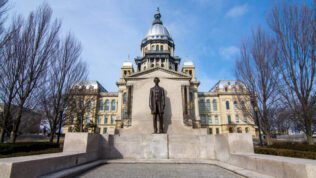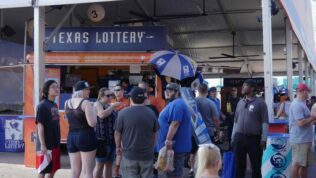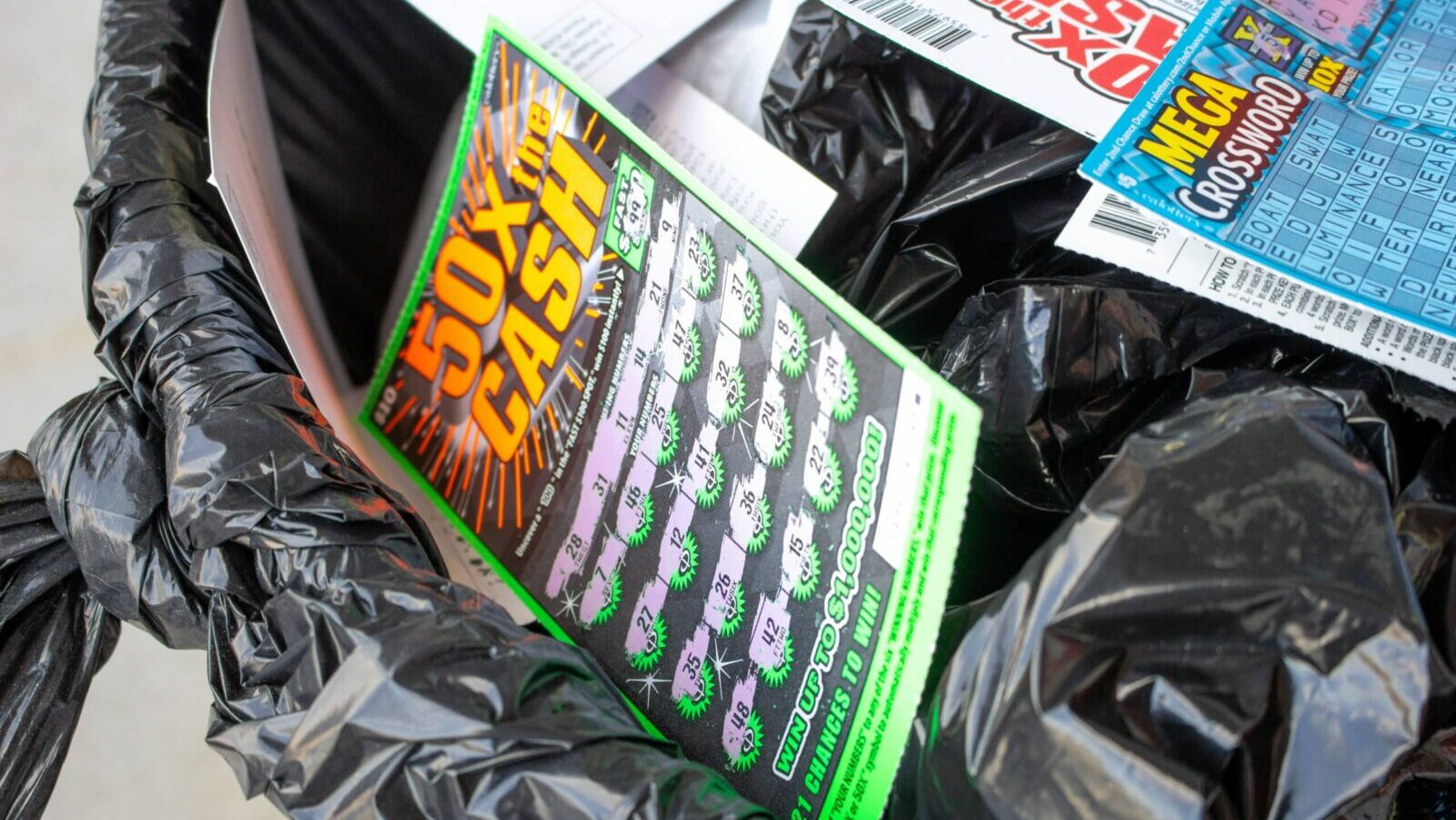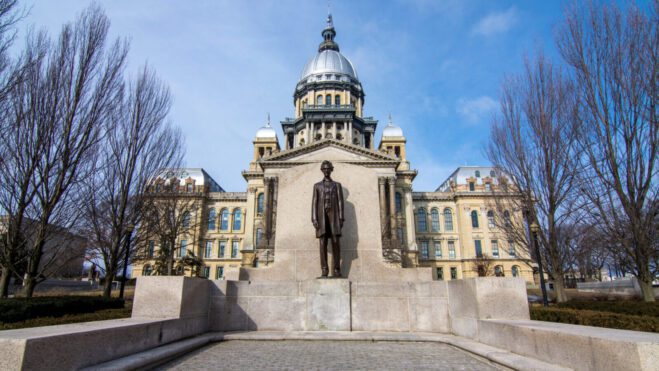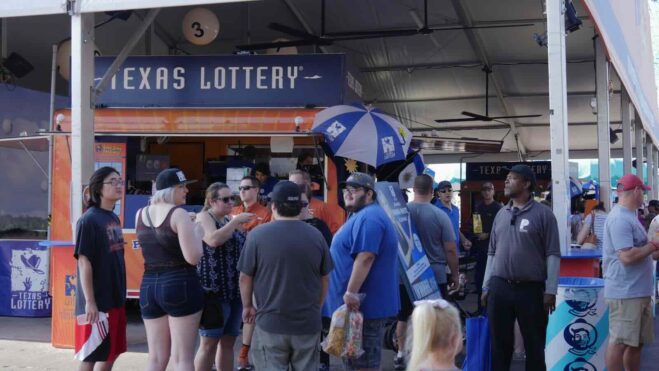Virginia Stores Refusing To Sell Lottery Tickets In Protest Of Skill Games Restrictions
Small businesses in Virginia take a stand against restrictions on skill games, causing hundreds of stores to cease lottery ticket sales.
2 min
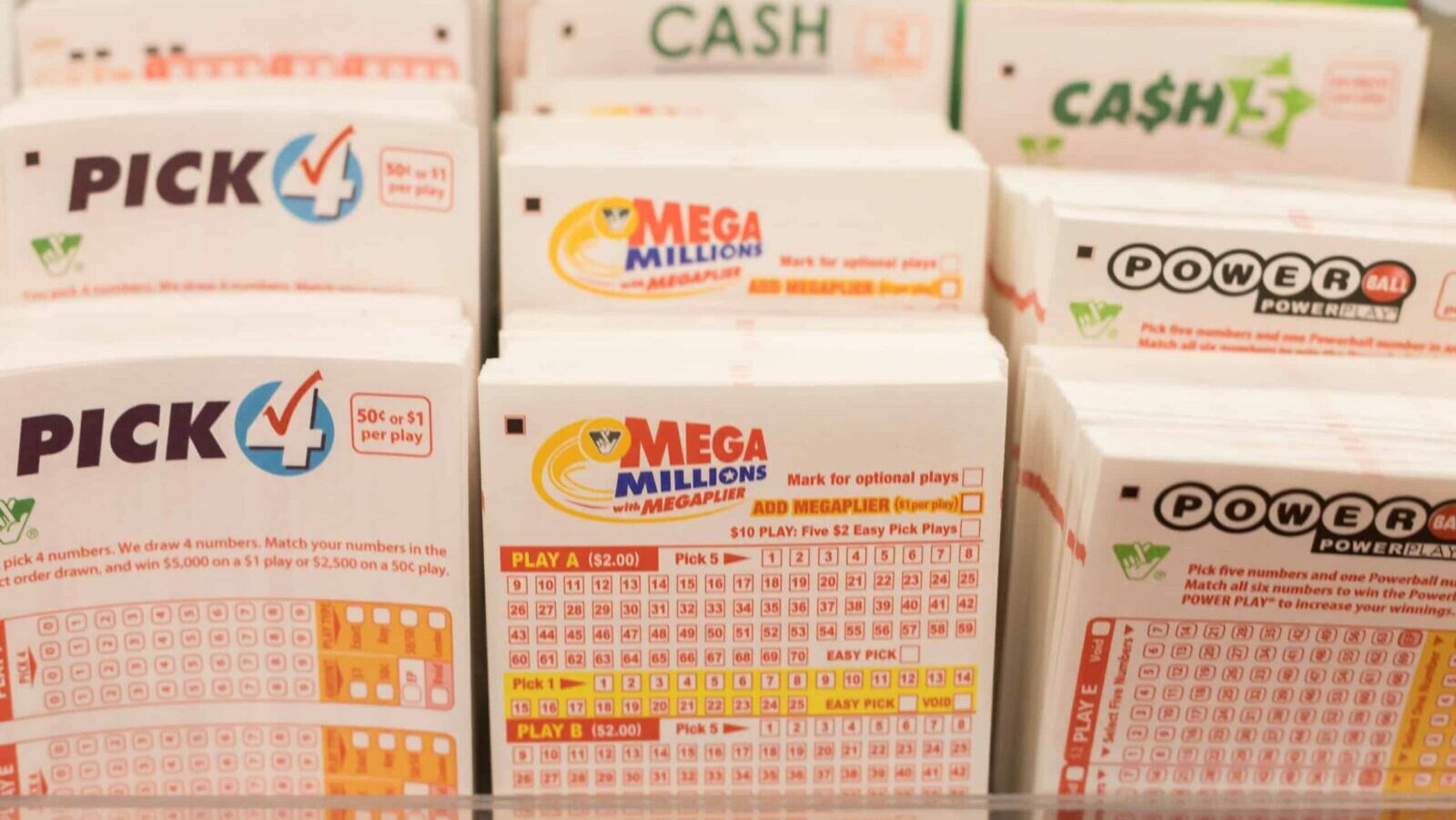
In a move that underscores the tension between small business owners and legislative actions in Virginia, hundreds of stores across the state ceased the sale of lottery tickets at 5 p.m. last Thursday, May 9. This collective action serves as a protest against what they see as severe restrictions imposed on so-called “skill games” — a major source of revenue for these establishments.
The crux of the issue lies in the legislative changes introduced by Gov. Glenn Youngkin, which effectively curtailed the operation of skill games. These games, which blend elements of chance and skill, had been a lucrative addition to convenience stores, often compared to slot machines in their mode of operation.
The current stoppage is shrouded in uncertainty, with no clear indication of when sales might resume. The decision to halt lottery ticket sales is not without precedent; a similar protest occurred in April, albeit for a single day, during which about 500 stores participated.
The controversy surrounding skill games extends beyond Virginia, touching other states grappling with similar challenges. The debate hinges on the classification of these games — whether they constitute gambling and, consequently, how they should be regulated.
Pennsylvania’s budget for 2024 included revenue from skill games. However, simultaneously, Philadelphia drafted legislation that would prohibit them in the city. Kentucky passed legislation last year to ban skill games, but gaming tech developer Prominent Technologies is now installing similar “no-risk” games across the state.
Virginia Lottery loses lifeline
Proponents argue that skill games are a vital source of income, especially for small businesses that have come to rely on them as a financial lifeline. Opponents, however, raise concerns about the potential for gambling addiction and the suitability of having such games near residential areas and schools.
In Virginia, the conflict has prompted a significant response from the Virginia Merchants and Amusement Coalition (VA MAC), which represents the interests of convenience store owners. The coalition’s actions, including the lottery ticket sales halt, are a strategic attempt to influence lawmakers and advocate for the protection of skill games.
By stopping Virginia Lottery sales, convenience store owners across the Commonwealth will show the economic impact that the closing of convenience stores will have on the Virginia Lottery and the tax revenue they generate. They will also show their continued support for legislative champions who continue to fight for small businesses.
VA MAC in a statement to media outlet ABC 8
The economic implications are significant; the Virginia Lottery saw a dip in sales during the previous protest, highlighting the interconnectedness of the lottery and skill games to the state’s revenue. Stores account for approximately $12.5 million in lottery sales each day, according to media reports.
Youngkin puts his foot down
Gov. Youngkin’s amendments to the skill games bill have introduced stringent regulations, including a ban on the games within a certain distance of casinos, schools, and places of worship, as well as authorizing localities to impose their own bans. Specifically, Youngkin doesn’t believe skill games should operate within 35 miles of a casino or 2,500 feet of a school or place of worship.
These changes have been met with resistance from business owners who view the skill games as essential to their survival, particularly in the wake of the economic strain caused by the COVID-19 pandemic.
The ongoing debate in Virginia regarding the legalization and taxation of skill games reached a pivotal moment as both the House and Senate passed differing bills. The House bill advocated for a 30% tax rate on skill game machines; the Senate’s proposal was more lenient, suggesting a 22% tax rate.
Furthermore, the House bill imposed stricter regulations on the number of machines permissible at certain businesses, indicating a cautious approach to the expansion of skill games. This would have potentially limited the growth of small businesses that rely on these machines for additional revenue. Additionally, the House insisted on local referendums or ordinances for skill game approval.
What ultimately emerged a month ago was somewhat of a compromise — there would be a tax of 25% and local referendums would be prohibited. Then, Gov. Youngkin stepped in.
Now, however, the governor and the Democratic-controlled General Assembly are engaged in negotiations to reconcile differences between two competing budget proposals formulated earlier this year. They’ve reached a consensus, but the special session starting Monday could mark a critical juncture for skill games.


